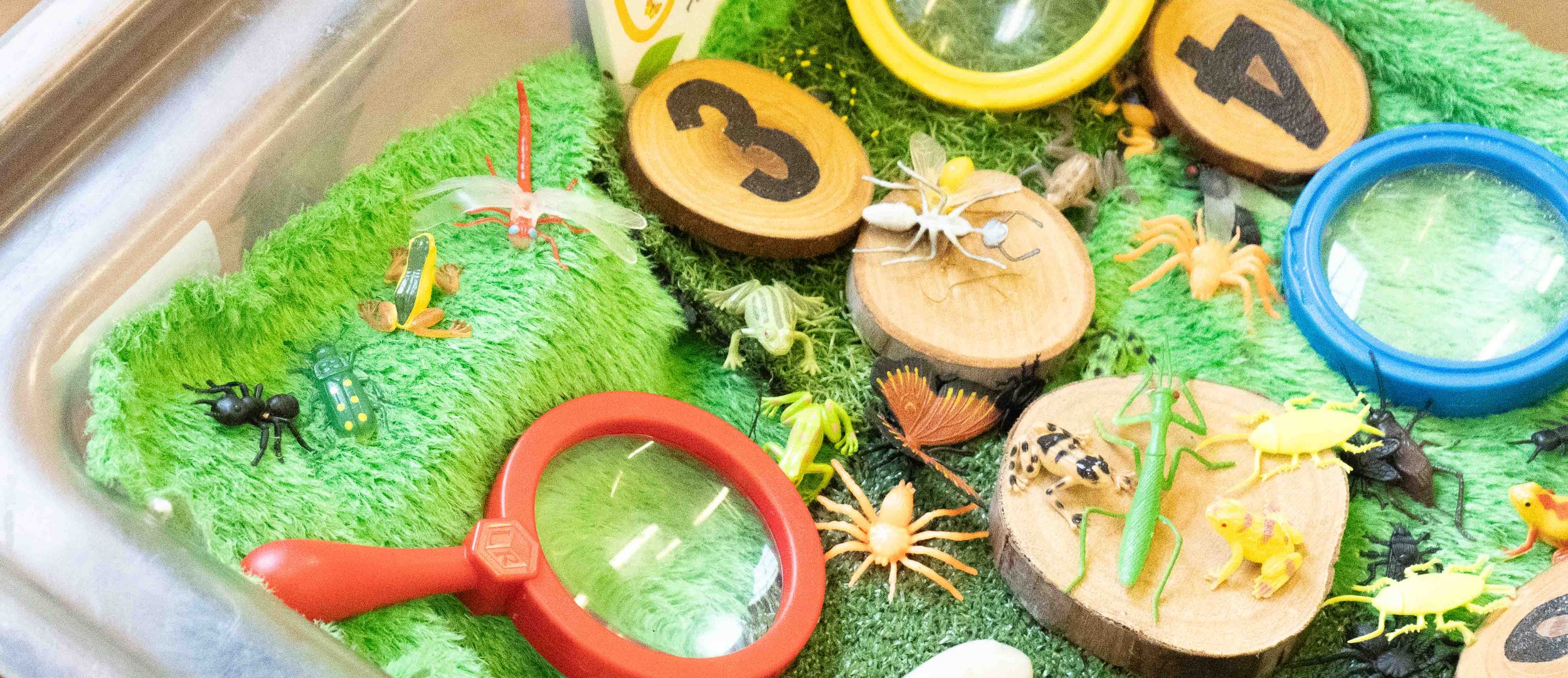Child Led Learning.
In the world of early childhood education, one of the most captivating and effective approaches is 'Child-Led Learning.' This philosophy, embraced by educators and caregivers at The Park Neighbourhood Nursery, recognises the innate curiosity and potential within each child. It places the child at the helm of their own educational voyage, guiding their learning based on their interests, pace, and unique needs. In this blog post, we will delve into the principles and benefits of child-led learning, highlighting how this approach fosters a lifelong love of learning and equips children with essential skills for the future.
At its core, child-led learning champions the child as an active and curious participant in their educational journey. It acknowledges that children possess an intrinsic desire to explore, question, and understand the world around them. By placing the child in the driver's seat, this approach seeks to ignite and nurture that natural curiosity.
Principles of Child-Led Learning
Individualised Learning: Each child's interests, strengths, and areas for growth are unique. Child-led learning tailors the educational experience to the child's individual needs, allowing them to delve deeply into subjects that captivate them.
Exploration and Play: Play is a child's way of learning, and child-led learning embraces this wholeheartedly. It provides ample opportunities for open-ended, imaginative play, which allows children to develop problem-solving skills and creativity.
Active Engagement: Children are encouraged to take an active role in their learning, asking questions, seeking answers, and exploring their own solutions. This active engagement instils a sense of ownership and responsibility for one's education.
Benefits of Child-Led Learning
Passion for Learning: Child-led learning nurtures a love for learning that extends beyond the early years. Children who are encouraged to explore their interests develop a passion for discovering and understanding the world.
Critical Thinking Skills: The freedom to explore and make decisions fosters critical thinking and problem-solving skills. Children learn to think independently, ask questions, and find solutions.
Resilience and Adaptability: Child-led learning equips children with the resilience to navigate challenges. They learn that setbacks are a natural part of learning and are empowered to persevere and adapt.
Practical Tips for Embracing Child-Led Learning
Observe and Listen: Pay close attention to your child's interests and curiosities. What do they get excited about? What questions do they ask? These clues are a window into their world of interests.
Provide a Rich Environment: Offer a variety of materials and experiences that support their interests. Create an environment where they can explore, experiment, and create.
Ask Open-Ended Questions: Encourage their curiosity with open-ended questions. Instead of asking, 'What did you learn today?' try, 'What did you discover today?'
Balance Guidance and Freedom: While child-led learning is about independence, children also benefit from gentle guidance. Offer suggestions, answer their questions, and scaffold their learning when needed.
Child-led learning is a profound approach that nurtures the innate curiosity and potential within each child. By empowering children to steer their own educational journey, we not only cultivate a love for learning but also equip them with essential life skills. At The Park Neighbourhood Nursery, we celebrate this approach as a cornerstone of our educational philosophy, recognising that it sets the stage for a future filled with discovery and accomplishment. Join us on this journey of empowering young minds through the beauty of child-led learning, where every child's unique path is celebrated and cherished.

